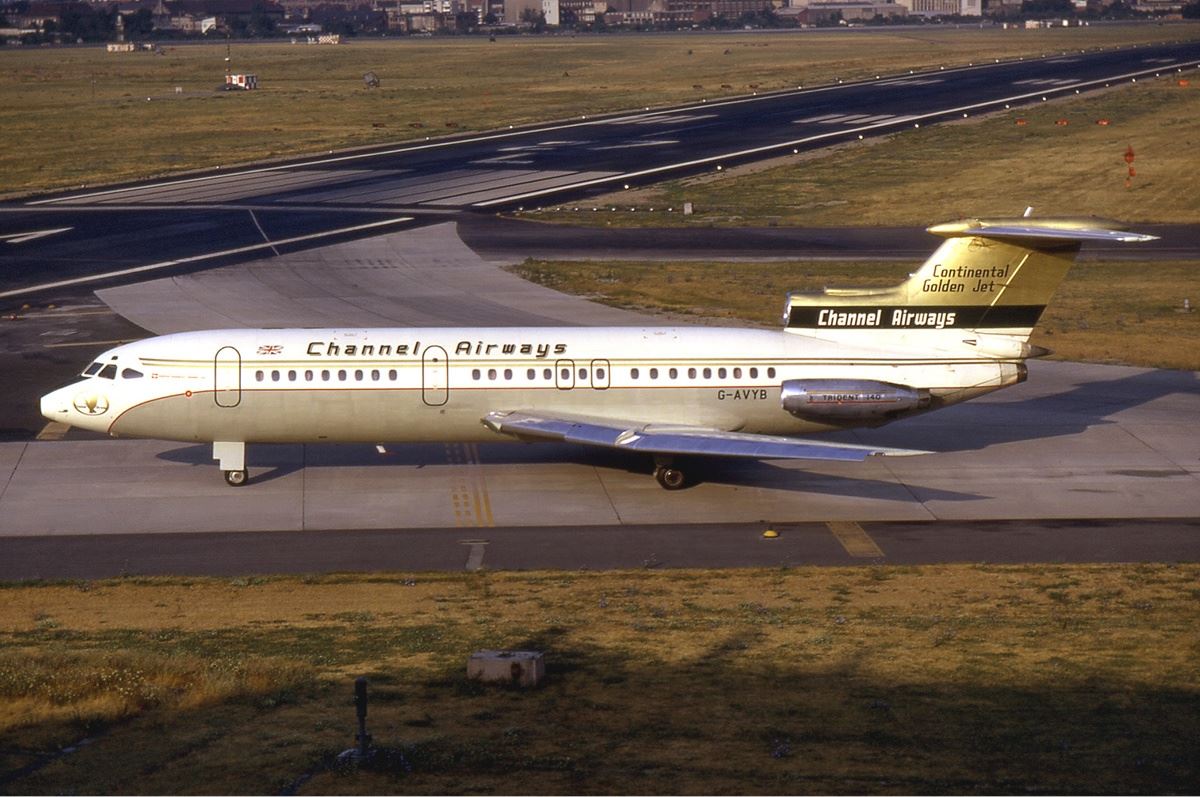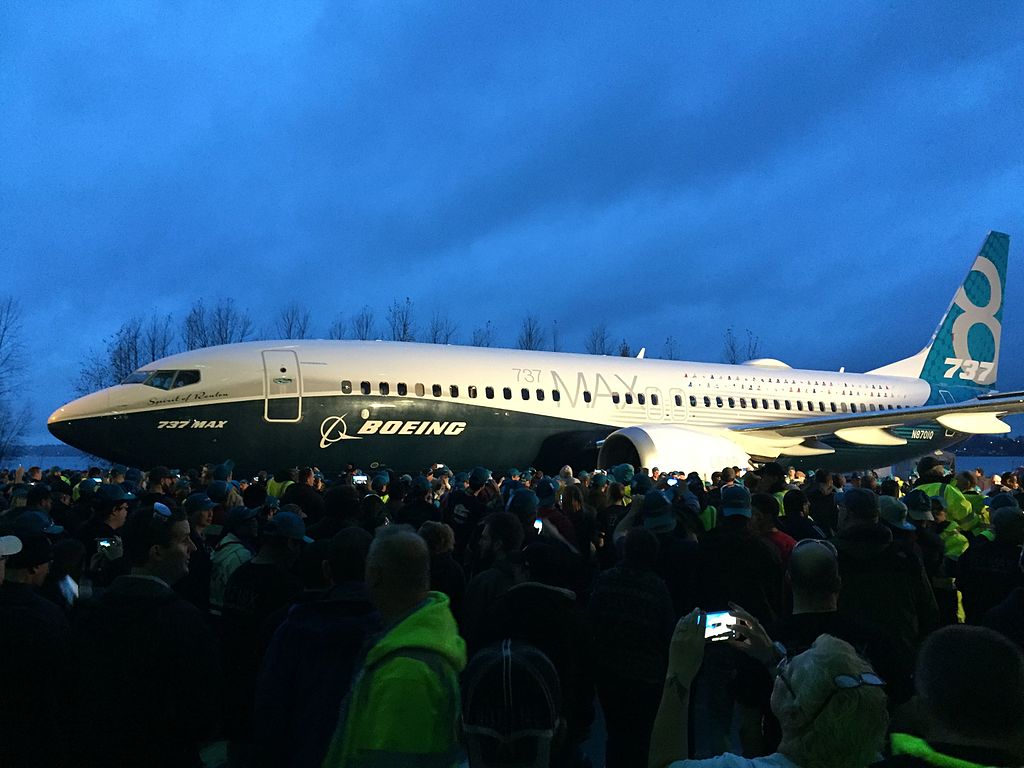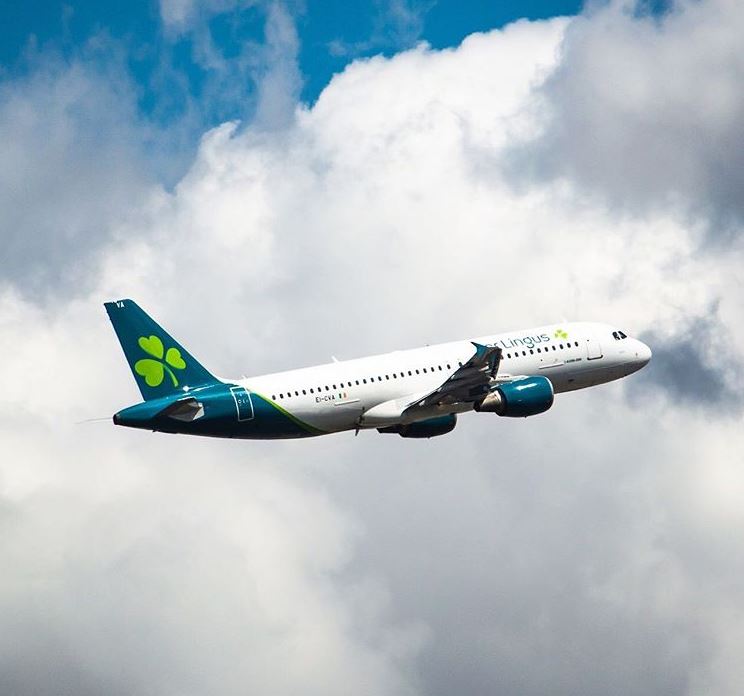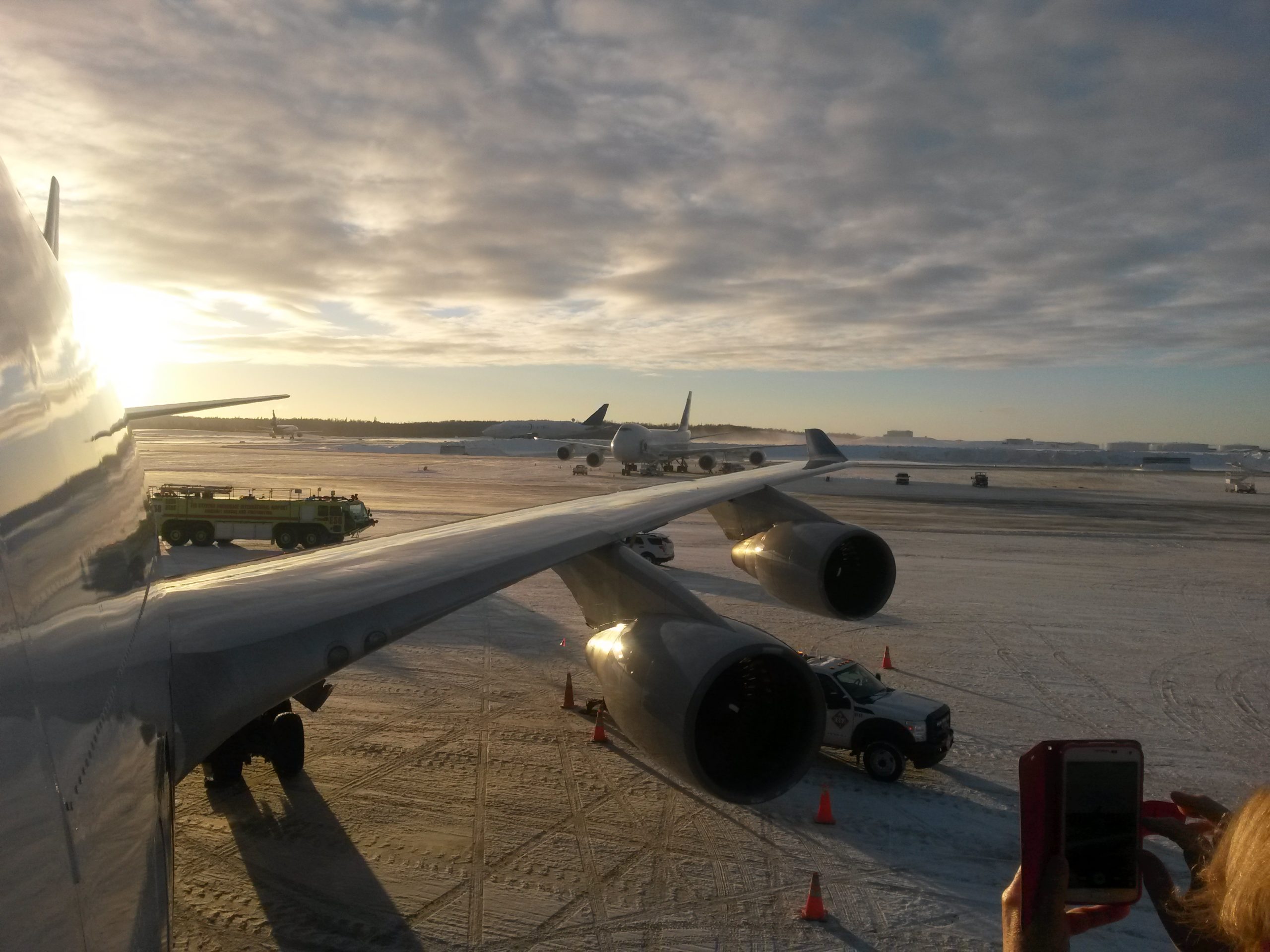This past week Boeing had its first Boeing 737 MAX order scratched from the books. Flyadeal, a Saudi Arabian budget carrier, pulled out of a deal to buy up to 50 of Boeing’s newest 737 aircraft. The carrier its opting for the newest A320 variants instead, committing to an all Airbus fleet.
This deal was worth billions of dollars to Boeing, and it represents a major financial setback. However, numerous other airlines have orders on the books. IAG, the parent company of British Airways, Aer Lingus and Iberia, placed an enormous order of 200 737 MAX 8 and MAX 10 aircraft at the Paris air show. It is (hopefully) one for the record books.
But as issues with Boeing’s newest jet continue to manifest themselves, will more airlines start backing out of their orders?
Billions, Not Millions
The two fatal crashes that started the investigation into the safety of the 737 MAX ground Boeing’s plans for the jet to a halt. Instead of making numerous planned deliveries, the aerospace giant has been forced to stockpile the completed planes. Boeing cut monthly production of the jet significantly. As the 737 MAX grounding continues with no end in sight, the company faces mounting financial troubles.
To be fair, Boeing isn’t truly troubled. At least not yet. The aircraft manufacturer continues to complete and deliver all its other models, and there are still 1,000s of 737 MAX orders on the books stretching over the next several years.
But airlines are certainly reconsidering the aircraft. Both Garuda Indonesia and Ethiopian Airlines, both of who experienced a 737 MAX crash, are hesitant to operate the aircraft in the future. If their orders are cancelled, Boeing will scratch nearly 75 MAX from its order total. I would not be surprised if other airlines start to back out, including IAG, who likely received an incredibly steep discount on their aircraft. Boeing could potentially lose billions in future revenue.
The Benefit of a Duopoly
If the grounding of the MAX continues to drag on and other airlines are forced to move orders over to Airbus, Boeing could face a crisis. A move away from the 737 represents a significant market shift in the favor of Airbus. Boeing has long been the dominant aircraft manufacturer, with Airbus as the runner-up. The two companies represent the lion’s share of commercial aircraft. If Boeing loses most of the narrow-body market share, it could have serious repercussions. Sure, they would still likely perform well with their wide-body sales, but narrow body sales represent the bulk of their order book.
The one thing that I see keeping Boeing from ruin over the 737 MAX is the fact that even if airlines start switching all their orders to Airbus, the joke would be on them rather than on Boeing. Airbus simply cannot keep up with the demand. The two manufacturers’ duopoly over the commercial jet market will keep Boeing from hemorrhaging orders. My guess is that more airlines will indeed switch their orders to Airbus, but not all. Boeing will likely still hang onto the bulk of their sale agreements. They have been the biggest fish in the pond for simply too long. Given the cost of designing a new aircraft, I cannot see them going by the wayside.
Conclusion
What is perhaps more important is the true test of the 737 MAX in the public eye. If more issues arise, or (God forbid) the jet crashes shortly after the software fixes are rolled out, the public scrutiny will likely be the biggest challenge Boeing will face for its sales.
I’m personally undecided yet as to whether I will ever willingly set foot on a 737 MAX aircraft. Given the new systems, the lack of transparency from Boeing, the lack of true FAA oversight, and the use of software to correct and underlying aerodynamic problem, you will not catch me on the plane until it has been flying without issue for quite some time.
Boeing 737 MAX image courtesy of Aka The Beav under CC-BY-2.0 license.












